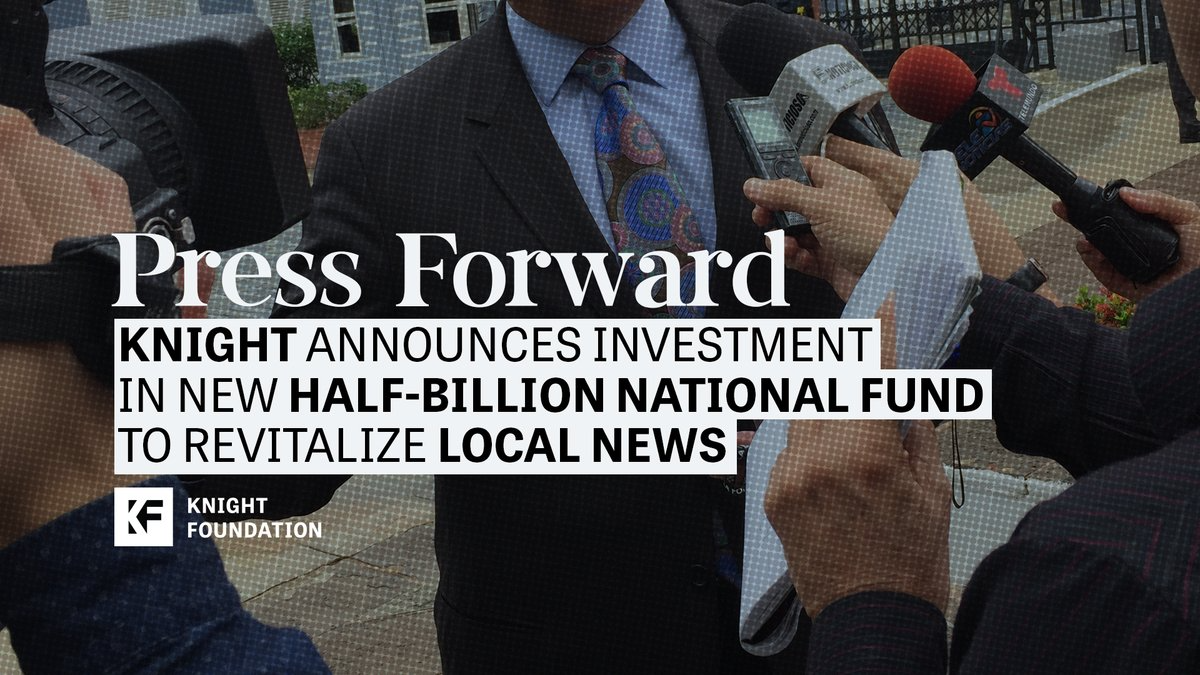With many Australian news businesses fighting for sustainability, attention turns overseas for replicable support models that work, like the recent Press Forward program. The US regulatory environment provides a soft cushion for newsrooms to bring in donations where Australia’s policy-makers are yet to recognise public interest journalism’s social value.
Conversation around public interest journalism and democracy necessarily includes the way newsrooms raise funds and revenue, and adopt technology to create a sustainable industry. Now, in a predominantly digital-driven news world, the independent news sector is a fast-shifting ecosystem moving quickly to adapt to these new challenges.
America, Australia and a host of other democratic nations are, by default, part of this movement. Although the obstacles independent newsrooms face vary as legislative and other environments differ, one of the overarching comparatives is the way that the role of public interest journalism is viewed by governments.
In the U.S., journalism is widely recognised as a public good, receiving tax deductibility for donors, and the industry has been highly successful in attracting philanthropic support. An established example is the Institute for Nonprofit News (INN)’s NewsMatch program which, since 2017, has helped raise over $271 million to support emerging newsrooms and independent media outlets. Grants from foundations still make up the largest shares for nonprofit news in America, according to a 2023 Report distributed by the INN.
Non-profit investigative and public interest news centres who see their work as a form of public service in the U.S. are recognised by the Internal Revenue Service (IRS) as eligible for non-profit status under Section 501(c)(3) of the Internal Revenue Code. Non-profit status enables these organisations to avoid federal and some state taxes and donations so that they can be tax deductible. Investigative and public interest news organisations attract non-profit status under a broad education category.
By contrast, in Australia public interest journalism is not yet recognised as a charitable good despite widespread support from industry, in both media and philanthropic communities. Allowing Australia’s public interest journalism sector to register for Deductible Gift Recipient (DGR) status will help attract philanthropic support. In fact, most philanthropic grant-makers require grant applicants to have DGR1 status. Due to the legal structure of many trusts and foundations, they are legally required to give only to DGR1 charities.
The Press Forward Initiative
Returning to the Unites States, in recent months a new major donor-facilitated program has emerged utilising philanthropic support for public interest journalism, the scale of which represents a significant shift and sheds a promising light on the industry. On 7 September 2023, a group of 22 major national, regional, and local philanthropic foundations announced the launch of Press Forward, a “national initiative to strengthen communities and democracy by supporting local news and information…” formally announced in news releases from the Knight Foundation and Press Forward.
Led by the MacArthur Foundation and the Knight Foundation, the nationwide coalition will invest at least $500 million (US) in local news over the next five years to help reinvigorate local news in America. The goal is to grow that to $1 billion over the five-year timeframe, with Knight and McArthur’s injections of $150 million (US) each kicking it off.
Press Forward builds on a host of existing contributors to the production of local news in the U.S., including the Democracy Fund, Racial Equity in Journalism Fund, Democracy Voice Fund, various Community Foundations, Carnegie Corporation, the Gates Family Foundation, the Walton Family Foundation, Google News Initiative, impact investment firm FJC, Colorado Trust, and Lenfest Institute who set up a National Trust for Local News in 2021. The result of this support has been a counter-trend of new local for-profit and non-profit digital publications across the U.S. which look set to outgrow metro dailies this year.
Access to philanthropic support provides widespread impetus for local and regional newsrooms to adopt not-for-profit business models. While community radio and television services are required to be not-for-profit to meet licensing eligibility requirements, community-based digital newsrooms in Australia are disincentivised from establishing themselves as not-for-profits and/or charitable organisations by a lack of recognition for public interest news services as a public good. International evidence suggests that a not-for-profit (aka third sector) journalism sector in Australia would support the growth of public interest journalism by supporting media diversity. However, current policies create obstacles for newsrooms seeking DGR status and complementary revenue support for investigative, solutions-based and impactful journalism across a range of topic areas.
The societal benefits of removing barriers to these obstacles for local and regional newsrooms in Australia would be diverse and wide-reaching: addressing misinformation, localised and immediate emergency reporting, exposure of corruption, response to environmental and hyperlocal issues, the accountability of governments and business, strengthening of communities and wellbeing; the list goes on.
The Local & Independent News Association (LINA) has added its voice to a choir of calls for the Commonwealth to introduce a clear pathway for recognition as a charitable good and an associated DGR category for public interest journalism to support donations from the public and philanthropic grants in our submission to the Productivity Commission’s Philanthropy Inquiry. While waiting on the outcomes of the Inquiry, Australian news businesses are watching their contemporaries in the U.S. strengthen their news services while they battle on.
Public interest journalism is a public good. The Press Forward Initiative provides yet another example of a pathway we can adopt here in Australia with minimal cost, enabling local newsrooms to grow.
Claire Stuchbery is the Executive Director of LINA and a community media policy specialist.


